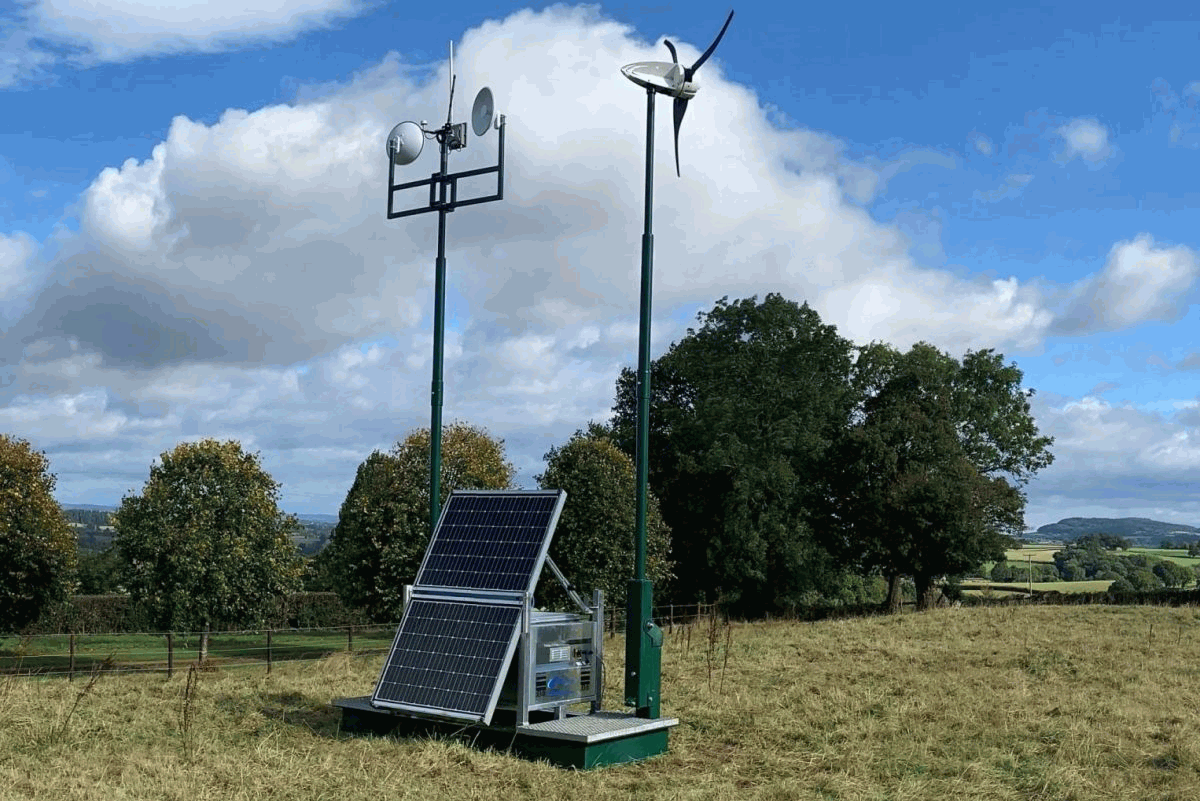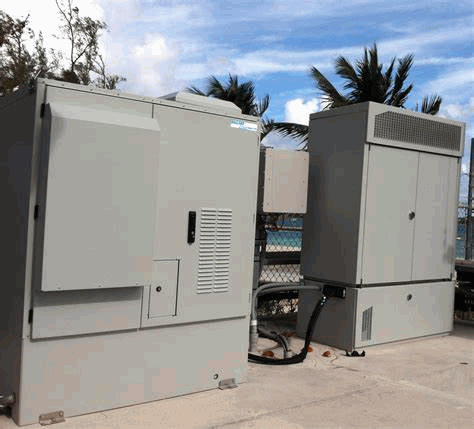For a long time, lead-acid batteries/lithium iron phosphate batteries have been mainly used as the backup power supplies for base stations, which commonly have pain points such as short service life, low energy density, poor power endurance, and later environmental pollution.

With the large-scale construction and promotion of 5G base stations, the terminal load is getting larger and larger, and the requirements for communication power guarantee and endurance are also getting higher and higher. It has become an urgent task to solve the pain points of current backup power supplies through new technologies. Therefore, green, environmentally friendly, silent, and long-endurance fuel cells have become one of the most ideal alternatives.


In 2018, China Tower announced the cessation of purchasing lead-acid batteries as backup power supplies. In 2019, China Tower’s subsidiary, Tower Energy Co., Ltd., combined the tower site resources with energy services, focusing on solving the situation of high power consumption of 5G, and jointly promoted 5G energy solution innovation with energy enterprises, accelerated the formation of new standards, reduced power capacity expansion, improved construction efficiency. According to the functional fields, hydrogen fuel cells can be divided into distributed energy, backup power supplies, communication base stations, and fixed power stations. The multi-field applications indicate their universal usability. Hydrogen fuel cells can, in accordance with design requirements, become the main power supply and backup power supply of 5G base stations, solving problems such as high energy consumption, power capacity expansion, noise pollution, and environmental pollution, and achieving innovation in energy solutions for new energy and 5G base stations. Therefore, with the construction of 5G base stations, methanol and hydrogen fuel cells can be perfectly combined with 5G.